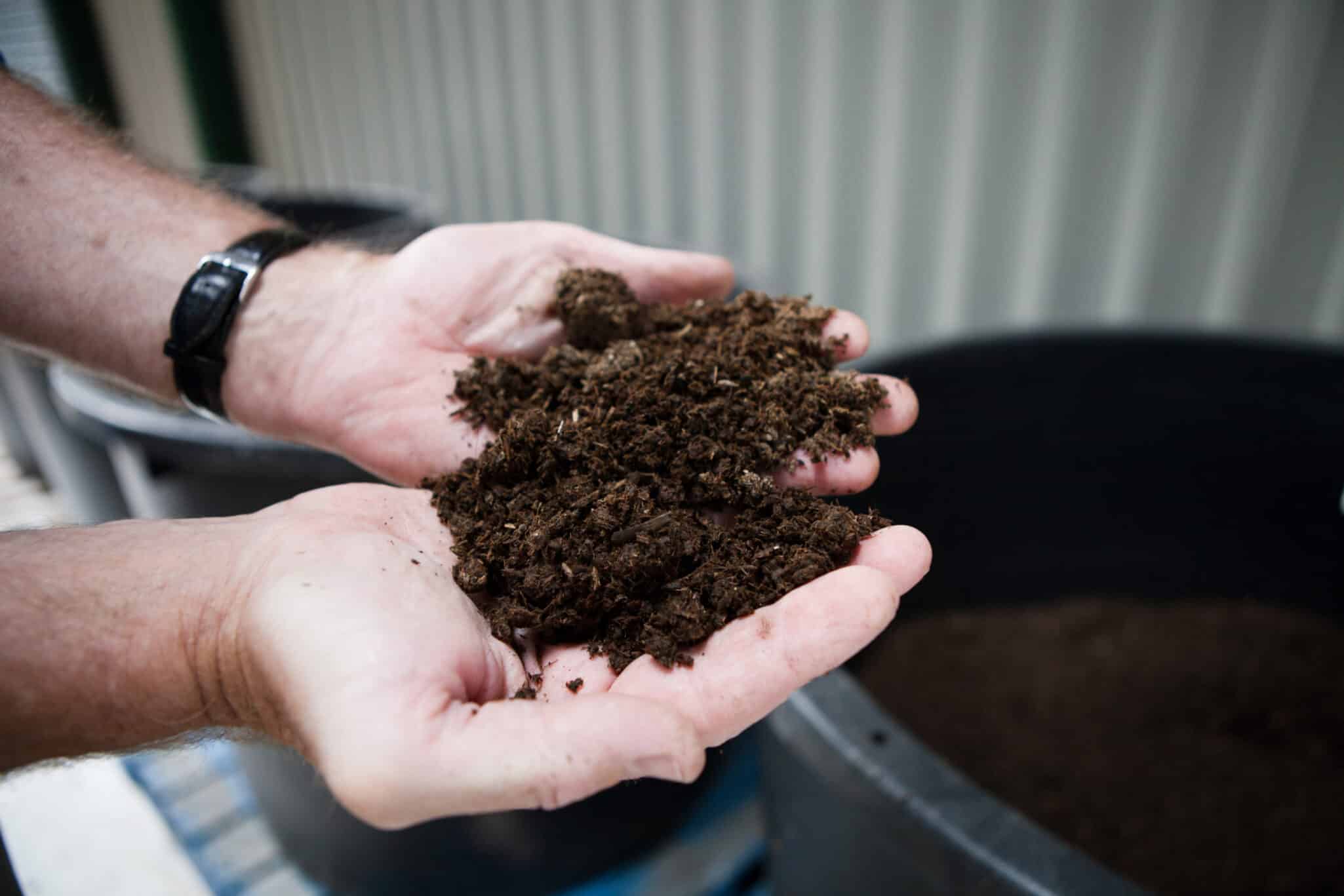The UK's anaerobic digestion (AD) sector experienced impressive 16.7% growth in capacity in 2023 according…
Telegraph reports on hidden cost of soil degradation to the UK
The Daily Telegraph’s Contributing Editor, Geoffrey Lean, has today unveiled a Parliamentary Office of Science and Technology report that outlines how soil degradation is costing the UK £1.4 billion each year. The report notes that there is no UK wide monitoring of changes in soil health, highlighting how the issue has largely been ignored by government.
The biofertiliser produced from recycling organic material such as food and farm wastes, manures and slurries, and sewage through Anaerobic Digestion (AD) can be used instead of the expensive, carbon-intensive alternatives. Known as “digestate”, this biofertiliser helps maintain pH and soil fertility; improving soil quality, crop yields and the availability of nutrients (principally including nitrogen, potassium and phosphorus) whilst, significantly, also replacing the organic matter component.
Anaerobic digestion (AD) also helps make break, catch and cover crops economic for farmers, while maintaining and enhancing biodiversity. Such crops can help tackle the spread of blackgrass and nematodes, reducing the need to use pesticides. By incorporating crops for AD into their rotations, which can increase subsequent yields of food crops, or on unproductive marginal land, farmers can improve their subsequent food crop yields and improve the viability of their existing farming businesses.
As a proven technology which is supporting agricultural businesses to diversify and helping to keep farmers farming, AD complements existing farming models. By extracting value from organic wastes such as the manures, slurries, discards, outgrades and residues that arise in the course of farming, AD generates much needed renewable green heat and electricity.
Whilst the AD industry has a huge contribution to make, in the context of farming the 30,000 hectares of maize grown for AD in 2014 accounts for just 0.6 per cent of England’s total arable land, and less than a fifth of the total maize crop, most of which is used for forage.
Despite our small size in farming terms, the AD industry takes our responsibility to the local environment seriously. ADBA members operating 34 plants have already signed up to use our Best Practice for Crop Feedstocks in AD, which was compiled with the support of Defra to demonstrate how crop AD can generate vital renewable energy while supporting the environment.
As the Committee on Climate Change has recognised, we need bioenergy to meet our climate change targets as well as to keep the lights on, and biogas is one of the most efficient forms available. The AD industry has the potential to reduce climate change emissions, including from farming, by as much as 4% and generate around 30% of the UK’s domestic gas demand.
If at the same time we are helping to improve the UK’s soil health, this is clearly not just an added side benefit, but a crucial benefit that clearly has significant value which should be recognised by Government.



